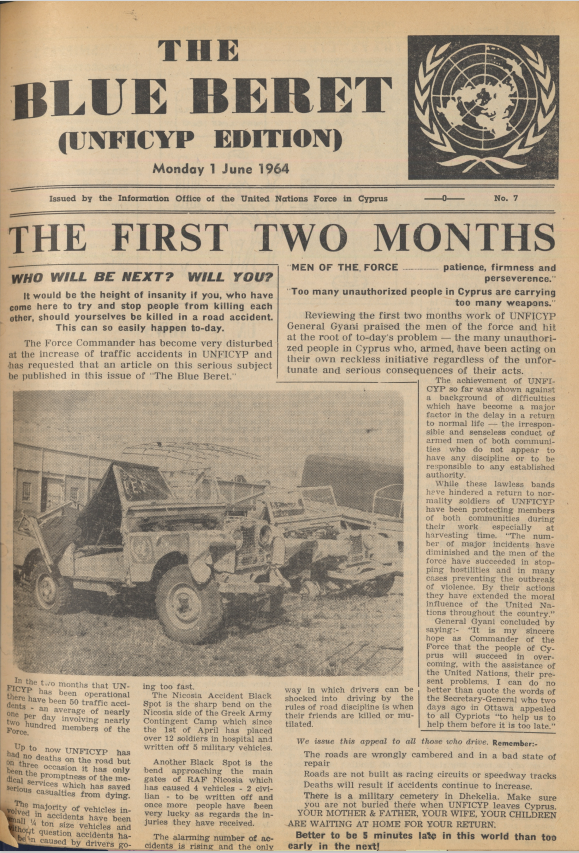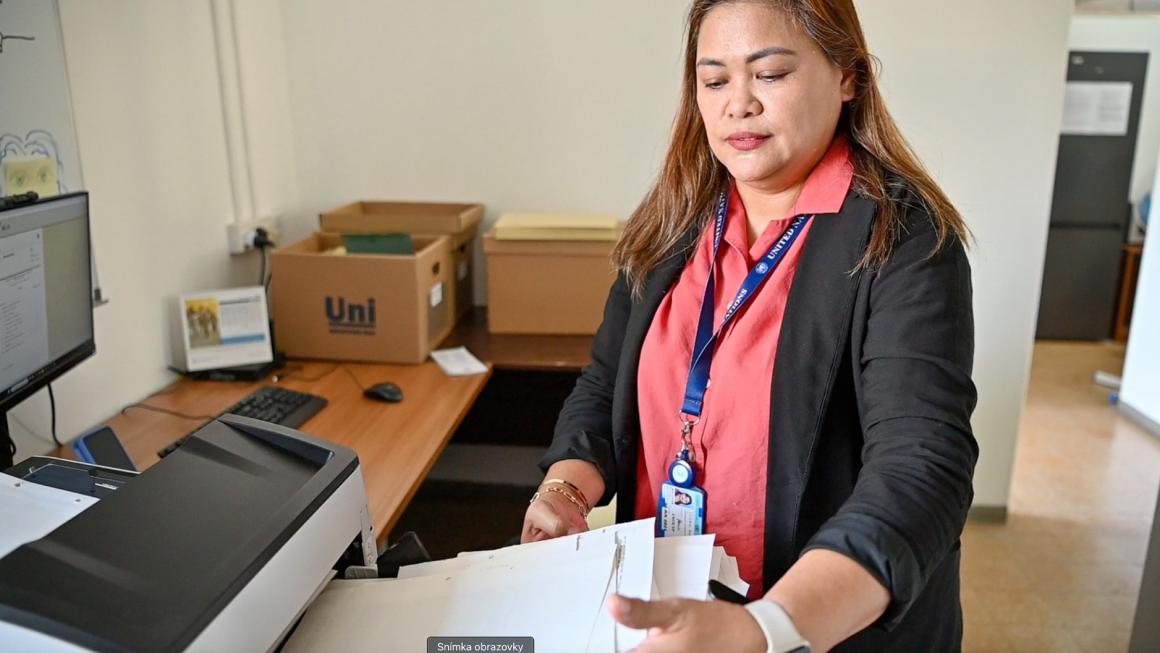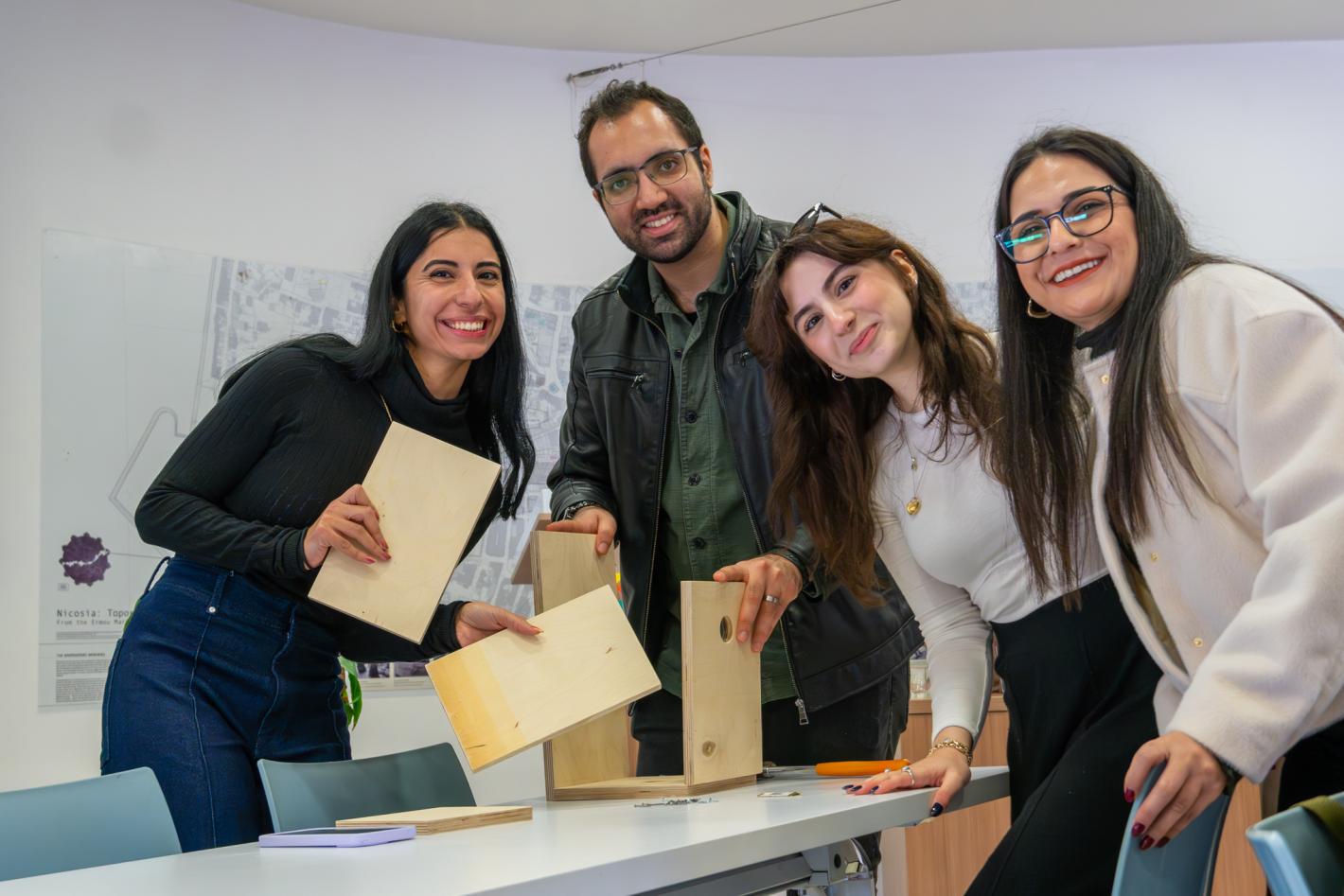600 box files of UNFICYP’s historical paper archive stored at the headquarters for decades are in the final stages of being digitised, a project which started 18 months ago and is paramount in facilitating the support of the mission to continue its mandated activities. The project is also a leap towards modernising the mission’s operations and providing easy access to its archives.
Throughout 2023, a team working under the Mission’s Field Technology Section has been digitising approximately 1,500,000 pages of substantive political, military and police physical archives which have accumulated since the inception of the Mission almost 60 years ago.

“These documents are very important to our uniformed personnel and offices who refer to these documents and need them for research purposes, to go back in time to understand the history of the Mission or specific incidents that may have occurred,” explains David Wilkins, Chief of UNFICYP’s Field Technology Section.
Up until recently, staff had to attain access and physically scrounge around archive rooms to find what they were looking for. But today, with the support of the United Nations Archives and Records Management (ARMS) – whose policy is that such historical documents are retained indefinitely – over a million documents are now accessible to be searched through an online system, which was created to store and give access to the data on the cloud.
“Once we secured the funds, we sourced qualified people, we bought numerous scanners and adopted a methodology on how to scan the documents into an electronic system,” reveals Wilkins. To this end, the team followed a 6-step process for each documents including identifying the document, scanning it, processing the document digitally, placing it back in new acid free folders to ensure its long-term preservation and labelling it.
“It is a sort of labour of love,” says Wilkins, “you need to ensure that you follow a process, and it is taken thousands of hours of human resources,” he adds.
Supervising the project, Renalyn Natural, attests to its challenges. “We’re talking about six decades of records, 1400 boxes of records, and we keep on receiving more,” reveals Natural. “Digitisation it is not just a matter of scanning documents. You need to pay attention to details. It was important for us to find people who dedicated their time in firstly finding the documents and then making sure that they are readable when scanned,” adds Natural.

Today, UNFICYP’s digital archive is infinitely more usable. Mission offices have quick access to their data at anytime from anywhere. Easy accessibility of cloud-based digital data has improved the data flow within the organisation and has enhanced productivity because digital files can be accessed by multiple departments at the same time.
As for the future, and in accordance with ARMS policy, the long-term keeping of the historical physical archive is also secured.
“These documents obviously cannot stay in situ because of the risk [of deterioration], so the policy is that these documents will be shipped to New York and will be part of the permanent management records system in UN headquarters,” explains Wilkins.

Digital transformation: The vision for deeper internal capacities and exposure to new technologies comes as part of the Action for Peacekeeping Plus (A4P+) initiative. The overarching goal of this digital transformation is to enable UNFICYP to implement its mandate more effectively by harnessing the potential of digital technologies as well as mitigate risks, while positioning peacekeeping to continue to evolve in its use of technology.






